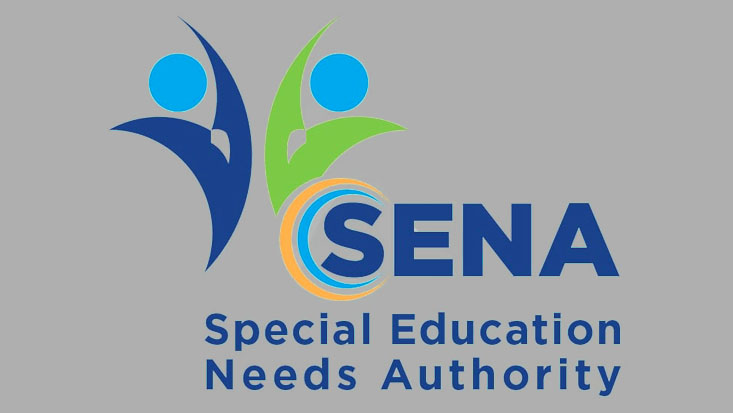The Annual Report 2022-2023 of the Ombudsperson for Children’s Office, featuring findings and recommendations on improving the educational system in relation to children with disabilities and on the impact of climate change on the rights of the children, was presented, today, in Port Louis.
The Ombudsperson for Children, Mrs Rita Venkatasawmy, shared the main highlights of the Report with various stakeholders gathered at the Caudan Arts Centre in Port Louis, including the Chairperson of the Special Education Needs Authority (SENA), Mrs Savitree Oogarah; the Director of the SENA, Mr Deewakarsingh Authelsingh; and other personalities.
During her presentation, Mrs Venkatasawmy dwelt, among others, on the way to improve the educational system in relation to children with disabilities and align with a human rights model of disability to promote inclusive education for all children. While saluting the works of the SENA in monitoring the quality of special education provided to children with disabilities, she called for a shift from the medical model of disability to the human rights model of disability, as recommended by both the United Nations and the African Union, in order to better promote and protect the rights of children with disabilities in the Republic of Mauritius.
On that score, the Ombudsperson affirmed that intensive training should be provided to teachers, assistant teachers and carers working in this sector as well as awareness sessions for parents to be able to promote the human rights model of disability. She seized the opportunity to thank international experts in the field of the right of children with disabilities to inclusive education from the Department of Education of Statewide Services in Western Australia and from the Centre for Human Rights, University of Pretoria, South Africa, who conducted training workshops for relevant local stakeholders.
Regarding the serious impact of climate change on the rights of children around the world, Mrs Venkatasawmy pointed out that the United Nations Children’s Fund already referred to the climate crisis as ‘a crisis of children’s rights’. As such, she was adamant that all citizens must become aware of the urgent need to better understand the impact of climate change on the lives of children in Mauritius.
To contribute to that endeavour, the Ombudsperson proposed, in the Annual Report, fact sheets that could be used by parents, educators and other stakeholders working with children to develop the latter’s vocabulary so that they would be able to express themselves and reflect on the impact of climate change on their daily lives, wellbeing and rights. Information on different local governmental agencies and non-governmental organisations concerned with climate change is also provided together with child rights-based recommendations toward the need to combat the adverse effects of climate change at a local level.
The imperative for all those working with children and child rights activists to work together as a team for the wellbeing of children was underscored as well by Mrs Venkatasawmy. She stressed that a multi-stakeholder participatory approach coupled with effective networking and in-depth training of people working with children were essential components to protect children from any form of harm.
Additionally, the Ombudsperson for Children indicated that during this reporting year, her Office registered 446 complaints, out of which more than 90 percent were resolved; organised and participated in around 150 workshops, meetings with different stakeholders and field visits; and responded to more than 100 queries from the media regarding children’s rights and their situation in the country.




